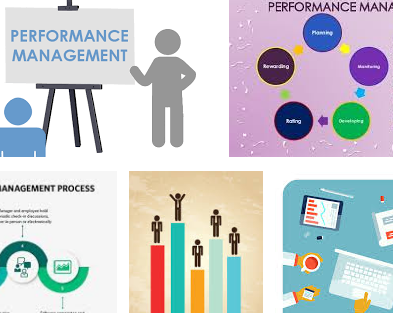Despite the fact that the challenges of today’s business environment might have disrupted by technological advances, organizational culture that might facilitate organizational and employee awareness is meaningful and have to be counted in.
In fact the success of leading and managing both the organization and its people will be determined by the features and effects of its organizational culture. Today I will discuss how and why this is important. As a matter of fact and in the direction of change, inclusive organization cultures of administration support empowerment and enable learning and innovation within an organization. Sounds familiar? Sure, that’s just what you almost certainly have experienced within Wealthy Affiliate – an extraordinary platform that has facilitated us all with an inclusive culture. So up next, I will give details as to why those settings are necessary with supported information.
Schein’s notion of culture defines it as a form of basic assumptions developed by a given group to deal with its problems that has worked acceptably useful concerning those problems. He also highlights the set of “shared beliefs” a group holds with reference to how it perceives. While Champoux defines organizational culture as complex strongly affects organization members, it includes the values, norms, rites, rituals and ceremonies which describe what a new employee needs to learn, to grow into an accepted organization member. Senior managers should lead and persuade members of the need for culture change and emphasis on belief, values and signs, to understand the roots of an organization’s culture, preserving some strength with the past by keeping the most valued components. Organizational learning effort focuses on the “core values” are designed to shape collective directions for the successful operations of the organisation. Schein also suggests that Managers need to use diverse expressions and make different undertakings around what is significant and to treat the other cultures as mutual, binding and normal. Even though Schermerhorn and his team maintain that the present of organizational strong core values help build recognized uniqueness for its employees and external stakeholders, its “shared values” help guide the behavior of organization members in meaningful and reliable ways.
The challenge of change hence holds an inclusive organizational management that accords. And I conclude that learning and innovation come to light if encouragement thinking like employee involvement and the views of collective concern are included.
If you have any question please feel free to leave a message and I will be happy to answer your questions.Thank you for visiting my website and I hope you have enjoyed reading this post:)
/a>









I can see the connection and how things will correlate to how everyone plays a part within an organization of what we say and do and how that affects a group.
I suppose one of the biggest factors would be that most people if not all need to be on the same page sort of speak with the core values to keep things running smoothly.
Your article gives you something to think about that is usually taken for granted at times.
Hi Travis
Thank you for your comment. I do appreciate your time to reading my article.
Indeed, organizational culture that focuses on the ‘core values’ are intended to shape group instructions for the effective operations of the organisation. Core values definitely help build standard that are unique in its structure that help guide the performance of organization.
So the unruly I guess, usually lies in the challenge of change to tie employee participation in place of a general operational organization.
Best wishes
Anna